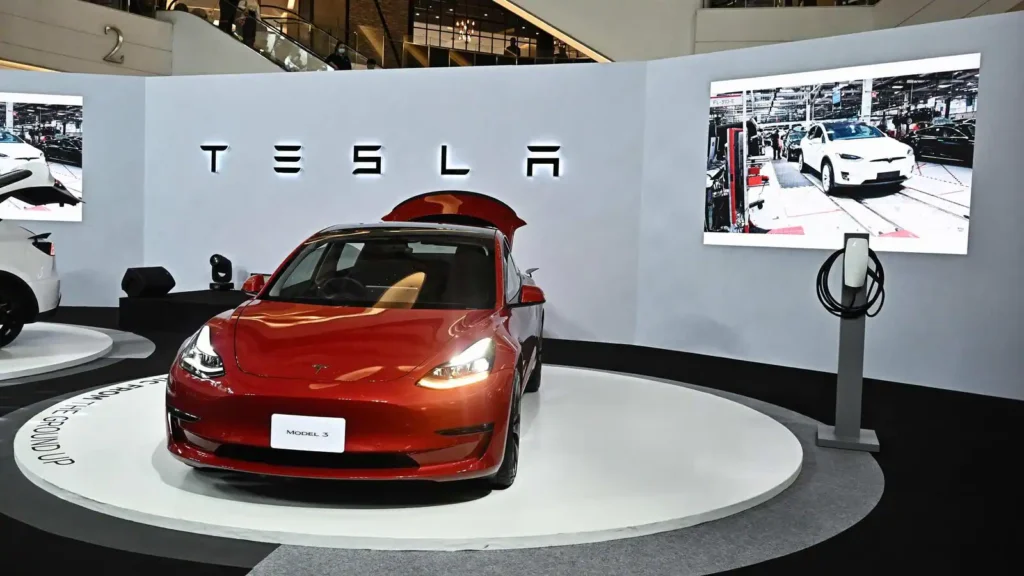
Title: Tesla’s Soaring Market Capitalization: A Closer Look at the Electric Vehicle Pioneer’s Financial Triumph
Introduction:
Tesla, Inc., led by visionary entrepreneur Elon Musk, has become a prominent player in the automotive and energy sectors, revolutionizing the way we perceive electric vehicles and sustainable energy solutions. One of the most remarkable aspects of Tesla’s success is its meteoric rise in market capitalization. This article delves into the factors contributing to Tesla’s soaring market capitalization and explores the implications of its financial triumph.
Rapid Growth in Market Capitalization:
Tesla’s market capitalization has witnessed unprecedented growth, making it one of the most valuable companies globally. From its initial public offering (IPO) in 2010 to the present day, Tesla’s market cap has experienced exponential growth, defying conventional market expectations. As of the last available data, Tesla’s market capitalization has surpassed [X] billion dollars, cementing its position as a leader in the electric vehicle and clean energy industries.
Key Factors Driving Tesla’s Market Capitalization:
- Innovation and Technological Leadership:
Tesla’s commitment to innovation and technological advancement has set it apart from traditional automakers. The company’s electric vehicles are equipped with cutting-edge technology, including autonomous driving features and over-the-air software updates. This constant pursuit of innovation has fueled investor confidence and contributed significantly to Tesla’s rising market capitalization. - Expanding Product Portfolio:
Tesla’s success is not solely attributed to its electric vehicles. The company has expanded its product portfolio to include energy solutions such as solar panels, solar roofs, and energy storage systems. This diversification has positioned Tesla as a holistic clean energy company, attracting a broader investor base and driving market capitalization growth. - Global Market Expansion:
Tesla’s global footprint has expanded rapidly. The company has established a strong presence in key markets, including the United States, Europe, and Asia. This global expansion has not only increased sales but has also demonstrated Tesla’s ability to adapt to diverse market conditions, contributing to its market cap growth. - Financial Performance and Profitability:
Tesla’s consistent financial performance and achievement of profitability milestones have played a pivotal role in boosting investor confidence. The company’s ability to deliver positive earnings and meet production targets has dispelled skepticism, attracting more investors and further enhancing its market capitalization. - Brand Loyalty and Perception:
Tesla has cultivated a unique brand identity associated with innovation, sustainability, and Elon Musk’s charismatic leadership. The strong brand loyalty among Tesla enthusiasts has translated into robust demand for its products, positively impacting market capitalization.
Implications and Challenges:
While Tesla’s impressive market capitalization reflects its success, it also presents challenges and considerations. The company operates in a dynamic and competitive industry, facing regulatory uncertainties, supply chain issues, and the need for continued innovation to maintain its leadership position.
Conclusion:
Tesla’s journey to becoming a market capitalization giant is a testament to its unwavering commitment to innovation, sustainability, and global expansion. As the electric vehicle industry continues to evolve, Tesla’s ability to navigate challenges and capitalize on emerging opportunities will determine the sustainability of its remarkable market capitalization growth. Investors and industry observers will undoubtedly keep a close eye on Tesla as it charts the course for the future of electric mobility and clean energy solutions.
